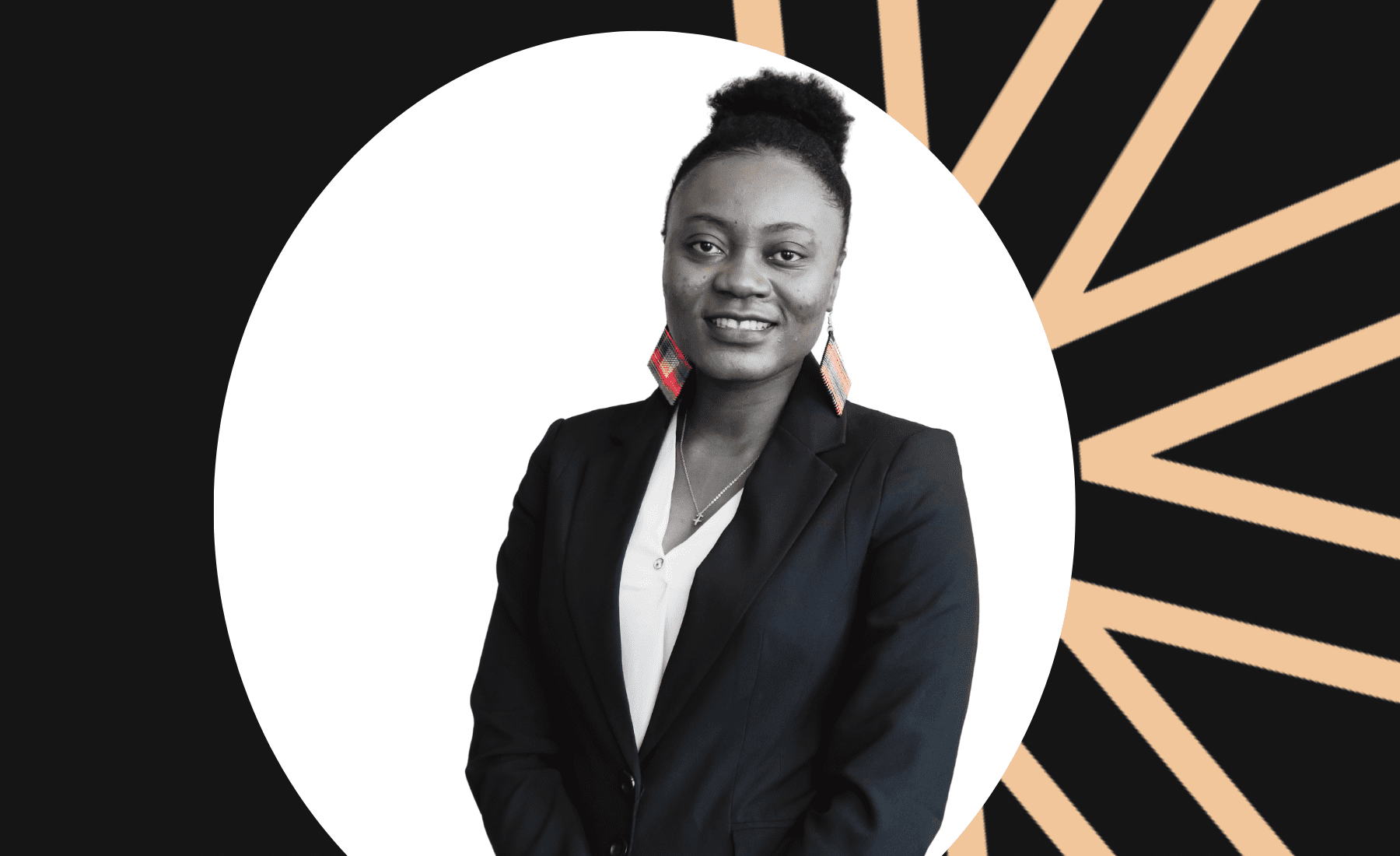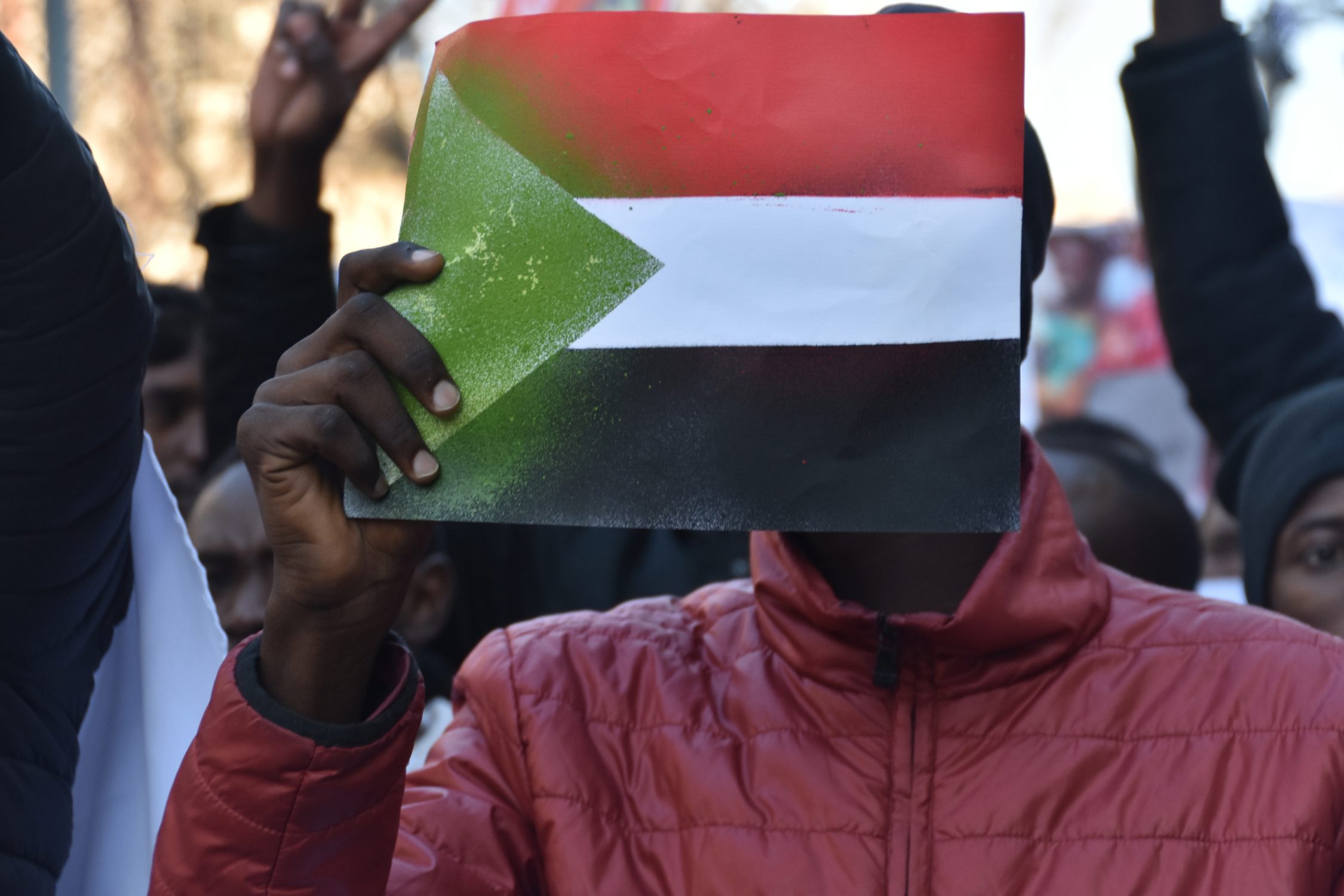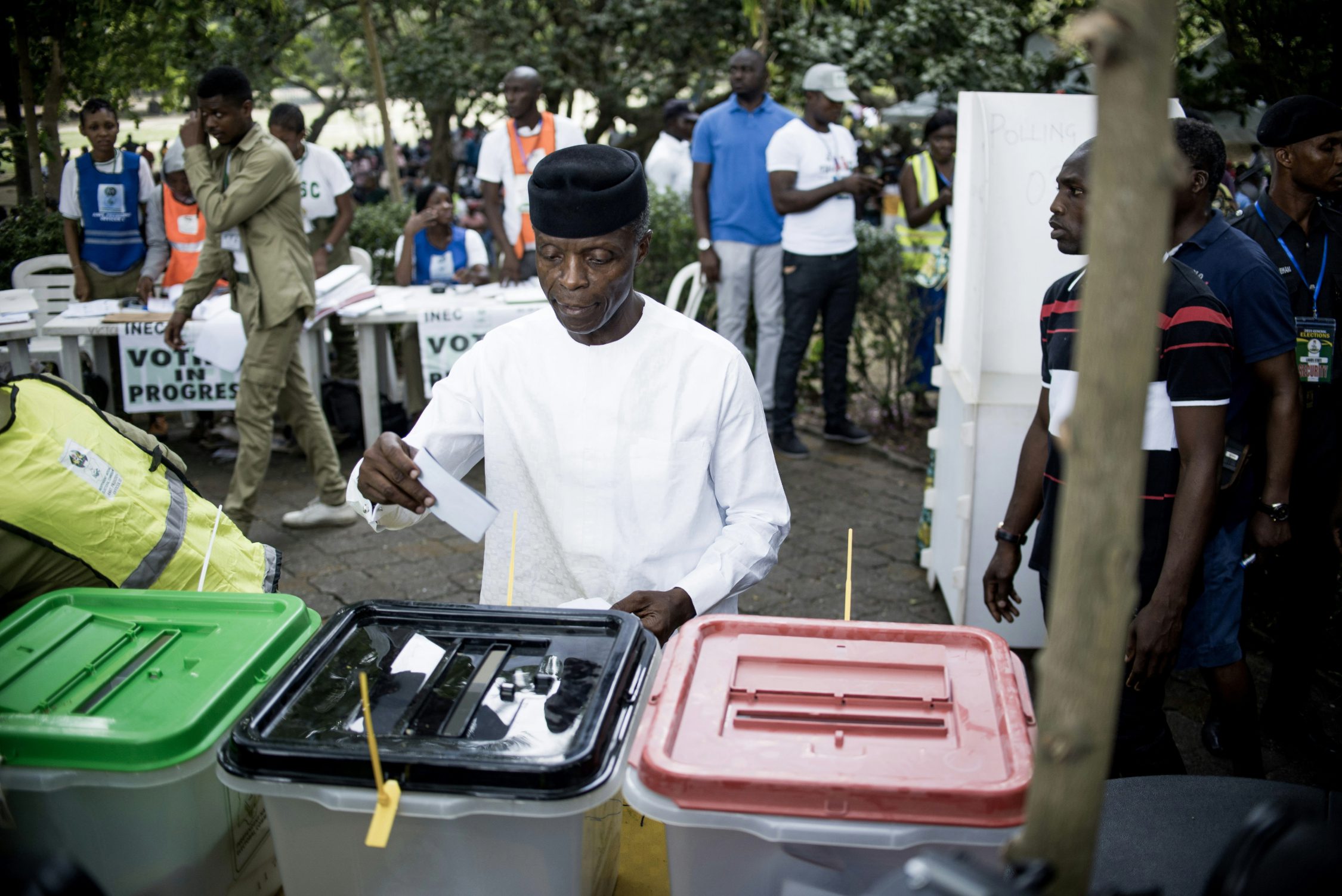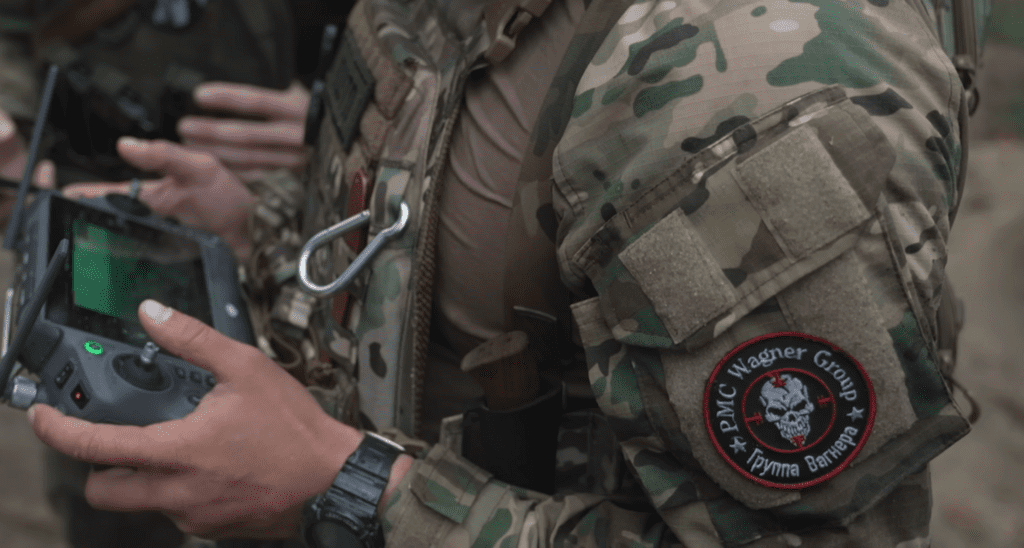Maggie Adomako is a third-year doctoral candidate at The Fletcher School Tufts University, and the 2025 recipient of the World Peace Research Fellowship funded by the WPF and administered through the Henry J. Leir Institute for Migration and Human Security, the grant supports pre-doctoral research and is open to doctoral candidates at The Fletcher School. Below, she is interview by Bridget Conley, WPF’s Research Director.
Bridget: Congratulations on winning the World Peace Foundation – Leir Institute PhD support grant!
Maggie: Thank you.
Bridget: What is the topic of your dissertation research?
Maggie: I have not yet defended my proposal — my working title at the moment is, “From the top to the ground: Analyzing robust mandates and the protection of civilians in UN peace operations.”
Bridget: Which peace operations are you most interested in looking at?
Maggie: I’ll be looking at the UN Mission in Mali, formerly known as MINUSMA , which drew down in December 2023, and the UN Mission in South Sudan, UNMISS. The reason why I chose these two missions to start with, is because the UN Mission in Mali, when it was active, had very low levels of support amongst the communities that they were operating in, as compared to the UN Mission in South Sudan. This is according to a survey that was conducted by the International Peace Institute amongst the local populations in communities that host peacekeeping misisons in Mali and South Sudan. The missions have the same mandate and mainly the same countries that contribute contingents to these missions. I was curious what was the reason for the low levels of support in Mali versus in South Sudan? I’m interested in how mandates are made in at the UN in New York — from the strategic level – and translated to the operational level and felt by people on the ground in communities,
Bridget: I’m guessing, based on the working title that you also want to look at how that community support results in different levels of protection for civilians. Is that right?
Maggie: Exactly right. Because I haven’t defended my proposal yet, there’s the possibility that what we are talking about might change. I mean, it’s still going to retain some of the key aspects, which is protection of civilians and peace building, but certain aspects may also change. I
Bridget: That’s what good research does anyway! As you go into it, you can ask sharper questions and maybe slightly different ones. What got you interested in civilian protection in the first place?
Maggie: Before I did my masters’ degree, I worked for a research training institute that focused on peace and security. Among the things that I worked on are the farmer-herder conflict in Ghana and the post conflict reconstruction of Cote D’Ivoire. I have always, to a certain degree, worked on issues that affect civilians, even if it doesn’t necessarily say “protection of civilians.” I also took a class, a two-week training workshop, on protection of civilians. It is something I’ve always been interested in. My masters thesis, or Capstone, was on how do we protect civilians a in a way that’s different from what we are used to. You know, when we think of protecting civilians, we are always thinking about the military. So how do we move from kinetic use of force to. nonmilitary, non-force, protection mechanisms.
Bridget: Have you run across any examples of that nonmilitary protection that are effective, or that you find really intriguing and are interested in looking at more,
Maggie: One thing that I came across that was interesting was – I’ve forgotten the mission — was a civilian casualty tracking system that was implemented a few years ago. I thought that was a good initiative, because if, if missions know that they are tracking the number of casualties in their area, they became more proactive in protecting civilian. Another example is also early warning systems. Early warning systems are implemented in different forms across different missions and different areas. I think those are useful, because, we have measures in place to ensure that we are able to recognize the risks and the danger before it arrives at our doorstep. I think those are helpful too.
Bridget: Are you from Africa originally?
Maggie: Yes, I’m from Ghana. I did my schooling in Ghana. Came to the US in 2019 for my master’s degree, and then I worked for Oxfam America for two years. And then came to Fletcher to start a PhD.
Bridget: You are following a long tradition of Ghanaian peacekeepers, or people who are influential in the world of peacekeeping.
Maggie: Yeah.
Bridget: What are you going to do with the PhD support grant? How are you making use of the grant?
Maggie: It is going to support my third year in the PhD program, because my funding doesn’t extend to the third year. And I’m hoping that I can defend my proposal by December, then that means that I can start my field work in the spring. So I’m hoping that part of the grant will go to supporting fieldwork, travel and accommodations.
Bridget: Do you anticipate, as part of the dissertation research, going to both South Sudan and to Mali?
Maggie: Yes, Mali is certain. For South Sudan, I’m talking to people. There’s a Ghanaian contingent that’s part of the mission in South Sudan. I want to visit them and I’m still trying to get the contacts. So yes, I plan to go.
Bridget: That’s wonderful. Is there anything else you’d like to add about your research or your time at Fletcher?
Maggie: My time at Fletcher, I want to add that I’m grateful for the environment that the university provides and the ability to evolve. I was worried at some point that, oh, I’m going to change my proposal, but then it’s just like you said, Good research evolves, you know? Having the opportunity and the space to evolve and move along and not just be stagnant and just stuck in one’s way of thinking. I’m grateful for that. I’m grateful for the World Peace Foundation and opportunities like this to advance research.
Bridget: Thank you, Maggie. I really appreciate it.
Maggie: Thank you. Thank you, and it was nice to meet you. Nice talking to you



